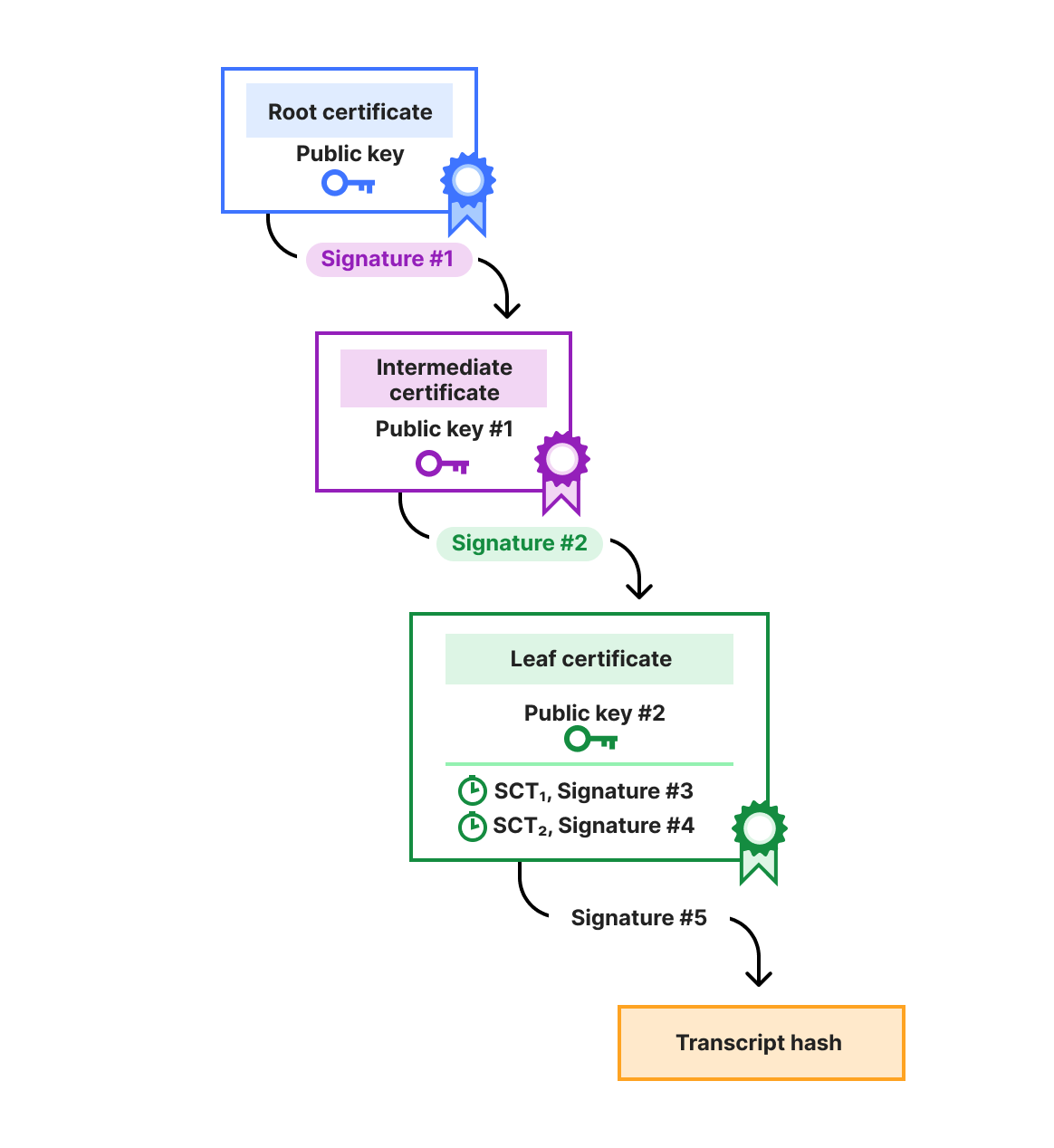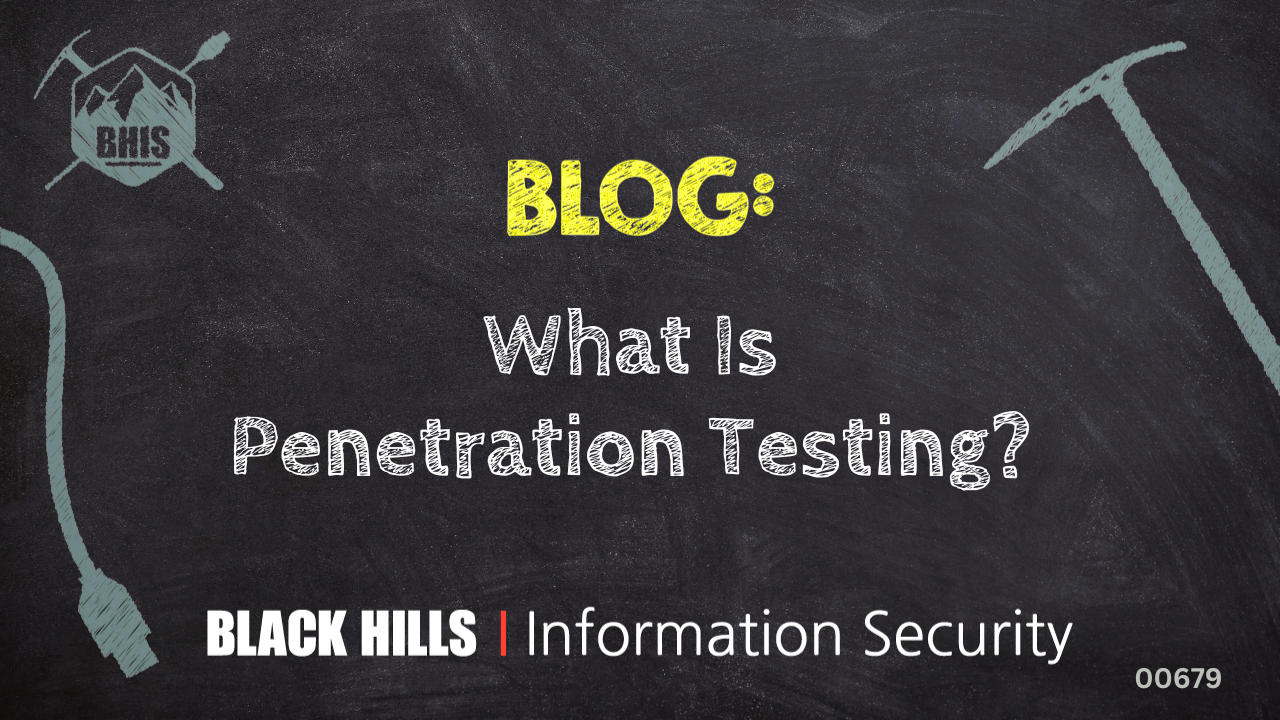Data, in all its shapes and forms, is one of the most critical assets a business possesses. Not only does it provide organizations with critical information regarding their systems and processes, but it also fuels growth and enables better decision-making on all levels.
However, like any other piece of company equipment, data can degrade over time and become less valuable if organizations aren’t careful. What’s even more dangerous is that neglecting data hygiene can expose organizations to a number of security threats and regulatory compliance issues.
Understanding data cleanliness
Data cleanliness, also called data hygiene, is the process of ensuring all organizational data maintains accuracy and consistency regardless of where it’s stored and how it’s used. To achieve this, organizations need to ensure their data is regularly checked against six core characteristics:
- Accuracy: Free from errors
- Completeness: No missing values or incomplete records
- Consistency: Maintains format across different systems and platforms
- Validity: Follows pre-defined rules or standards
- Uniformity: Uses correct data inputs, measurements and naming conventions across all datasets
- Timeliness: Up-to-date and relevant
To effectively manage each of these components, organizations can use a variety of data management tools and solutions. These automated systems leverage data profiling and cleansing processes to help detect anomalies as they appear and help organizations resolve them.
Why maintaining clean data is so important
Ensuring organizational data remains free from errors and can be a trusted source of critical business information is essential to ensuring both operational efficiency and resiliency. Considering the amount of digital sources most organizations rely on today, there are several ways that businesses can lose sight of how their data is collected, stored and accessed.
“Organizations today are challenged with a number of issues when trying to maintain the integrity of their critical data,” Evelyn Kim, a program director with IBM Security, says. ” Data is growing exponentially in more formats and locations causing organizations to lose visibility and control over their sensitive data. We see organizations grappling with shadow data (undiscovered or unknown data) that pose significant risks. Generative AI also presents new risks to data — both from a need to have enough of the right data for gen AI use and from ensuring data is not tampered with.”
Security risks associated with unclean data
While the importance of data integrity may seem limited to helping to support smoother business operations, it is actually a core element of ensuring a strong cybersecurity posture. Below are some of the inherent security risks that can occur if good data hygiene is neglected over time:
Cybersecurity threats
With the proliferation of data, data classification, especially of sensitive data, is even more critical to security. Understanding where sensitive data resides is a key step in monitoring data stores and databases to prevent breaches and detect cyberattacks to reduce the impact and damage across critical networks and connected systems.
The effectiveness of modern security tools and technologies also relies on accurate data. Without establishing a reliable baseline for normal business activity, these security solutions lose their ability to identify suspicious user patterns. They can lead to false positives and inadequate threat detection.
Compliance failures
Data cleanliness plays a crucial role in helping organizations meet various regulatory requirements. “Highly regulated industries tend to have significant data governance/security concerns. We typically see financial services, healthcare, manufacturing and utility/energy sectors leaning heavily on data security investments to assist with their compliance efforts,” states Kim.
Without accurate and complete compliance reporting data, organizations open themselves up to significant compliance violations and associated financial penalties. This can also lead to long-term legal repercussions that can damage a business’s reputation and impact customer loyalty.
Maintaining a clean data environment
Data cleansing isn’t something that organizations schedule throughout the year or complete as a one-time project. It requires an ongoing commitment and the ability to integrate data quality practices into every stage of the data lifecycle. From initial data collection and entry to storage, processing and analysis, organizations should follow numerous proactive data maintenance steps, including:
-
Establishing clear data governance policies: Businesses should establish clear roles and accountabilities in their organization when it comes to data entry, validation and updating procedures. This also includes following strict compliance guidelines on how to properly handle data in and out of transit.
-
Investing in data quality solutions: Organizations should research and implement next-generation tools that provide automated data cleansing activities in real-time while handling deduplication and validation processes systematically. These tools help identify and address data quality issues proactively, freeing up time and resources for internal teams.
-
Adopting a security-first culture: Establishing a business culture that prioritizes data security and integrity is essential. This involves initiating training sessions for employees on the importance of following strict data management standards as well as implementing strict access controls, data encryption and monitoring solutions.
Keep your data healthy
Data is what keeps modern organizations running. However, if you’re not careful, the value of this asset will diminish over time and lead to a number of business consequences. By prioritizing data cleanliness, organizations can uncover the true potential of their critical data, allowing them to make better decisions while creating more resilience in their security and compliance initiatives.
The post Why maintaining data cleanliness is essential to cybersecurity appeared first on Security Intelligence.


